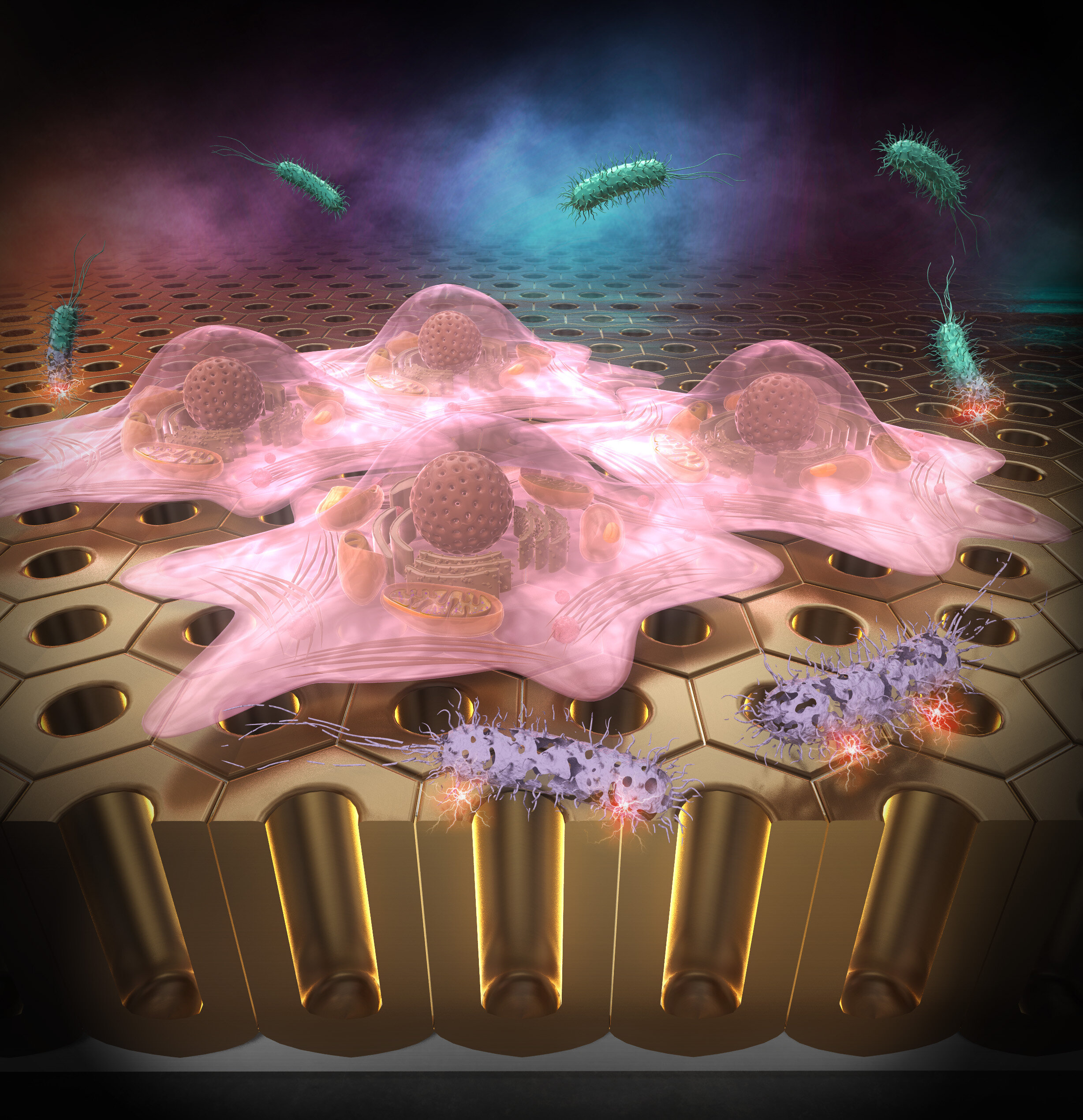- cross-posted to:
- [email protected]
- cross-posted to:
- [email protected]
Researchers from Tokyo Metropolitan University have created nanostructured alumina surfaces which are strongly antibacterial but can be used to culture cells. They found that anodic porous alumina (APA) surfaces prepared using electrochemistry in concentrated sulfuric acid had unprecedented resistance to bacterial growth, but did not hamper cell cultures.
Surfaces that resist bacterial contamination play a vital role in public health and our daily lives. While this might be achieved with powerful antibiotics and chemicals, this entails a negative environmental impact, health hazards, as well as the potential emergence of dangerous, antibiotic-resistant strains. We need alternative ways of controlling the spread of bacterial pathogens.
You must log in or # to comment.


